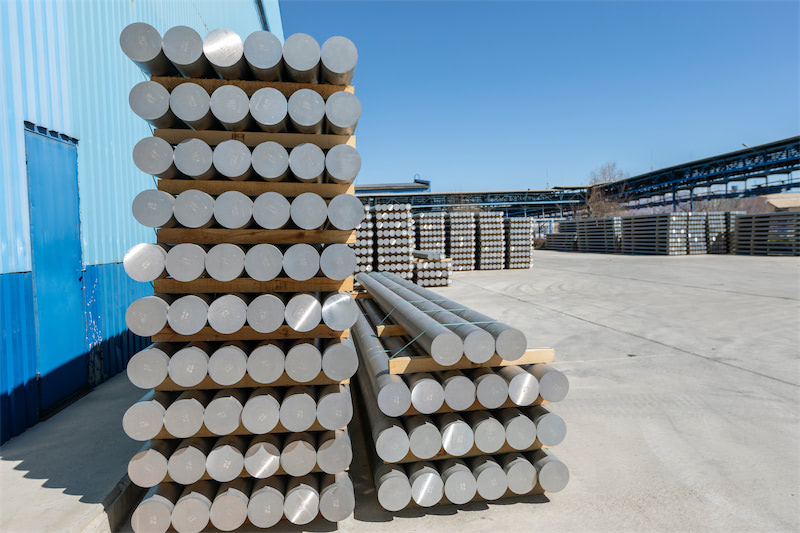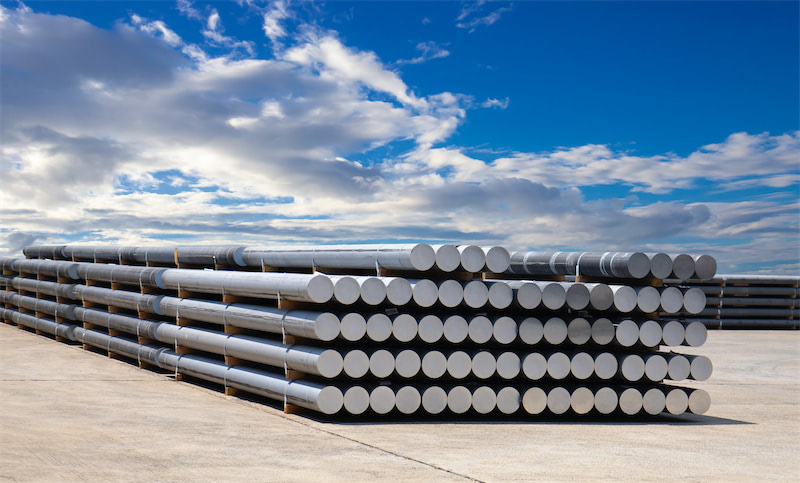SHANGHAI, Jul 12 (SMM) – The SMM weighted average alumina index stood at 2,957 yuan/mt from June 13 to July 11, a drop of 39 yuan/mt from a month ago. As of July 11, the SMM weighted alumina index stood at 2,963 yuan/mt. The alumina prices stood between 2,950-3,050 yuan/mt in Shandong, 2,970-3,070 yuan/mt in Henan, 2,870-2,920 yuan/mt in Shanxi, 2,950-3,010 yuan/mt in Guangxi, 2,890-3,010 yuan/mt in Guizhou, and 3,100-3,150 yuan/mt in Bayuquan.
As of July 11, alumina prices stood at $345/mt FOB Western Australia, down 4.2% from early June. This was equivalent to 3,144 yuan/mt CIF major ports in China, which was 181 yuan/mt higher than the domestic spot prices. The ocean freight stood at $60/mt. A total of three transactions were reported in the overseas alumina market over the past month. One deal for 30,000 mt of alumina was done at $371/mt FOB Western Australia on June 14, for shipment in late July, and the destination was unknown. Another deal for 30,000 mt of alumina was done at $371/mt FOB Western Australia on June 21, for shipment in mid-August, and the destination was unknown. Another transaction for 30,000 mt of alumina was done at $360/mt FOB Western Australia on June 30, for shipment in August, and the destination was unknown. The overseas alumina prices kept falling amid abundant supply, and are expected to remain under pressure.
The domestic alumina prices experienced a process of slower decline - stabilising - mild rally from June 13 to July 11.
In mid-to-late June, the price decline slowed. With the accelerated commissioning of new capacity in both north and south China, the market supply was abundant, prompting some sellers to lower their prices. Due to stable supply under long-term orders and sufficient inventory, aluminium smelters hardly purchased from the spot market. Rising domestic and overseas bauxite prices, combined with persistently high caustic soda prices, triggered small-scale production reductions by some alumina refineries in Shanxi, Henan and Guizhou, which slowed the price decline.
At the end of June, the prices stabilised. Rising raw material prices and little increase in alumina prices have sent some alumina refineries in Shanxi and Henan into loss-making territory since June. As a result, many local refineries curtailed their production while maintaining supply under long-term orders, which supported alumina prices. While the newly commissioned capacity was gradually releasing output, the high-cost refineries in the north reduced their production. Although the market tends to be oversupplied in the long run, stable exports and increasing demand amid the production resumption of aluminium smelters allowed the market to maintain a tight balance, thus the market prices were basically flat for nearly three weeks.
In early July, alumina prices in north China rebounded while those in south-west China declined. In north China, due to the difficulty in sourcing raw materials and high purchase prices, alumina refineries’ profits shrank substantially, and many high-cost refineries curtailed their production. As of July 11, SMM statistics showed that the production reduction in the north was close to 4 million mt on an annualised basis. Alumina refineries in Shanxi and Henan were trying to put pressure on high-priced raw materials to so as to ease their own cost pressure. The domestic bauxite market was in a seller’s market as the supply had little room to grow, which diminished the bargaining power of alumina refineries. Less firm caustic soda prices offered certain relief to alumina refineries, though. The purchase prices of liquid alkali in Shanxi were flat in July when compared with June, while those in Henan dropped 100 yuan/mt (100% concentration), which could reduce alumina costs by 20 yuan/mt. In response to virtually little profit, refineries in north China focused on supply under long-term contracts while reducing their supply to the spot market, leading to a mild rise in the local spot prices. About 25,000 mt of alumina was sold in the north in early July, and the transactions prices were mostly at 2,900 yuan/mt or above, exceeding the inquiry prices of 2,850 yuan/mt in late June. The market prices in the north are likely to hold firm in the short term. In south-west China, although the high operating capacity of aluminium smelters in Yunnan has sustained the demand for alumina, the imminent release of new alumina capacity is gradually steering the market in favour of the buyers, weighing on the local alumina prices. Bosai Wanzhou will bring its operating alumina capacity to 4.8 million mt this month, releasing nearly 300,000 mt of output every month, while Tiangui’s Phase III project will be put into operation in July.
SMM has divided the alumina price trends into the following three stages. In the first stage, with the gradual release of new alumina capacity, excess supply will keep putting pressure on alumina prices. In the second stage, some refineries will be forced to reduce their production after alumina prices fall below the costs of high-cost refineries, which will tighten the supply and drive the prices to rebound. In the third stage, with the old capacity being gradually replaced by new capacity, the market balance will be restored, and the alumina prices will stabilise and fluctuate around the costs.
At present, the market has transitioned to the second stage. The production reduction in the north has tightened supply in the local spot market. In view of the losses of 50-100 yuan/mt suffered by alumina refineries, alumina prices in Shanxi and Henan may encounter resistance at 2,950-3,050 yuan/mt and 3,050-3,100 yuan/mt respectively. Alumina prices in south-west China are expected to fall. The prices in Guangxi may see limited downside room as local refineries focus on supply under long-term contracts, and are estimated at 2,820-2,980 yuan/mt. The prices in Guizhou are unlikely to fall sharply. On the one hand, the capacity release from Chongqing Bosai Wanzhou will have a great shock on the supply in Guizhou. On the other hand, the supply of domestic ore in Guizhou is scarce, and the costs of using imported ore are nearly 300 yuan/mt higher than using domestic ore. Therefore, local refineries are unlikely to sell at prices that are significantly below the market prices, unless in the case of tight cash flows or ore quality issues.
Alumina Prices Bottomed out on the back of Output Cuts by High-Cost Refineries
SHANGHAI, Jul 13 (SMM) – The SMM weighted average alumina index stood at 2,957 yuan/mt from June 13 to July 11, a drop of 39 yuan/mt from a month ago.
Data Source Statement: Except for publicly available information, all other data are processed by SMM based on publicly available information, market communication, and relying on SMM‘s internal database model. They are for reference only and do not constitute decision-making recommendations.
For any inquiries or to learn more information, please contact: lemonzhao@smm.cn
For more information on how to access our research reports, please contact:service.en@smm.cn



